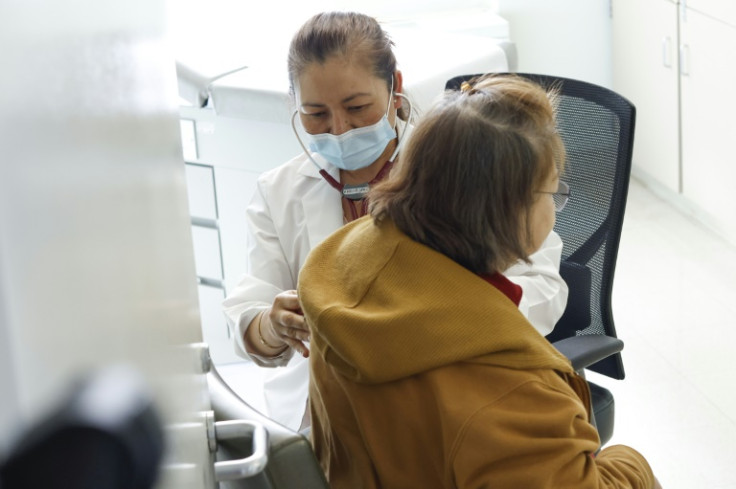Health Department Urges Public To Not Believe Fake News About New COVID-19 Variant

The National Department of Health on Tuesday urged public not to believe outdated and false information circulating on social media about new COVID-19 Omicron XBB variant.
As per the fake news, people are advised to wear a face mask because the new variant is allegedly "deadly and not easy-to-detect variant," SA News reported.
However, the health department debunked these rumors and said it is a misleading message that first resurfaced during the peak of the pandemic without a traceable source.
"We urge members of the public to be vigilant and ignore this malicious social media content whose intent is to cause unnecessary panic and confusion, especially as the country is entering influenza season," the department said.
While the department noted that there is no need to panic as people have developed some level of immunity from both the vaccines and infections, it noted that COVID-19 continues to circulate at relatively low levels across the country like any other part of the world.
"The current strain or variant in circulation is less severe and less transmissible," the department said. "The department will keep the public abreast as and when there is a surge in cases of illness caused by any virus of concern or outbreak of any disease."
It mentioned that one should still take protective measures daily including non-pharmaceutical interventions such as washing hands regularly to prevent spreading the infection.
The statement came just one day after the department urged South Africans to be careful, especially when flu season is about to hit in winter.
The department noted that the Respiratory Syncytial Virus (RSV) virus is spreading across the country and the flu is also spreading more. Hence, the guidelines requested everyone in the country to protect themselves by taking free vaccines available in public clinics.
The flu virus mostly spreads through respiratory droplets when someone coughs or sneezes. Due to this, one might get other respiratory viruses at the same time. Hence, the department urged to keep the nose and mouth covered whenever someone is sick.
The department advised, that since the flu season is expected to start in the next few weeks, high risk individuals should get the flu vaccine to prevent severe health complications. Groups at high risk include the elderly who are over 65 years old, those with underlying illnesses such as heart and lung disease, people living with HIV and tuberculosis, as well as pregnant people.
© Copyright 2025 IBTimes ZA. All rights reserved.


















